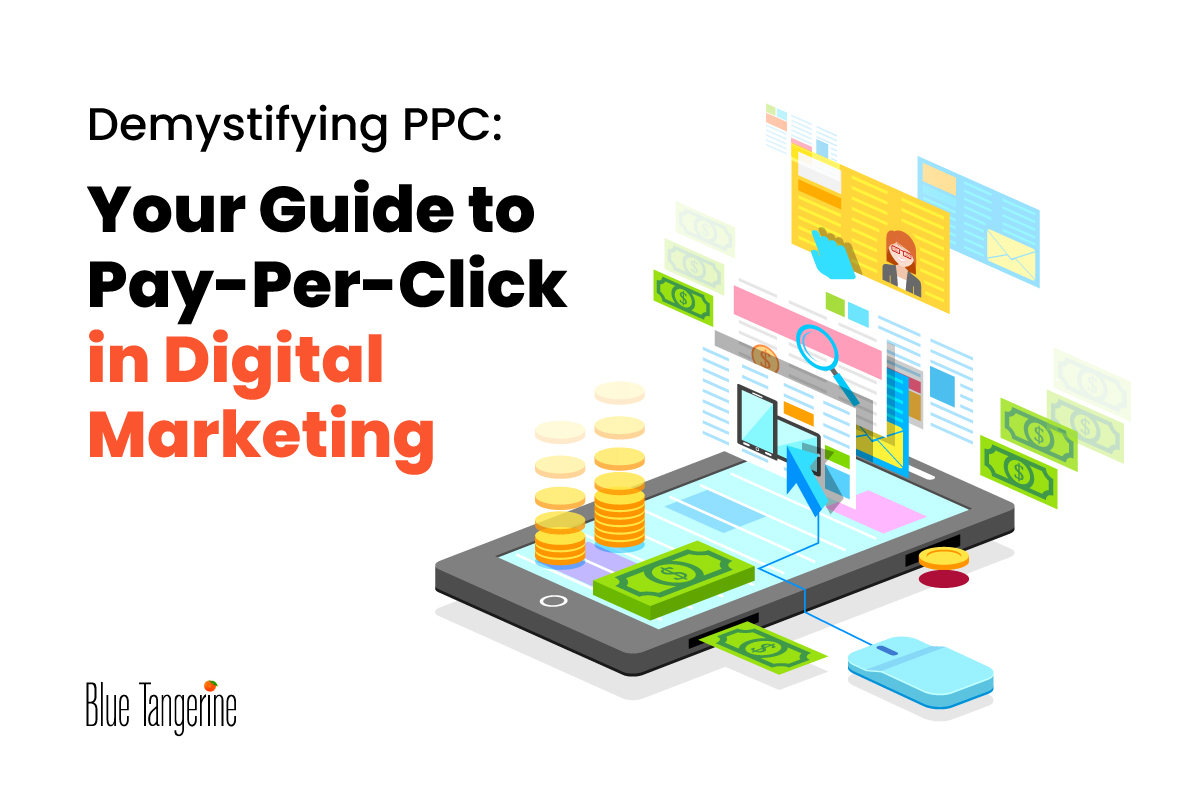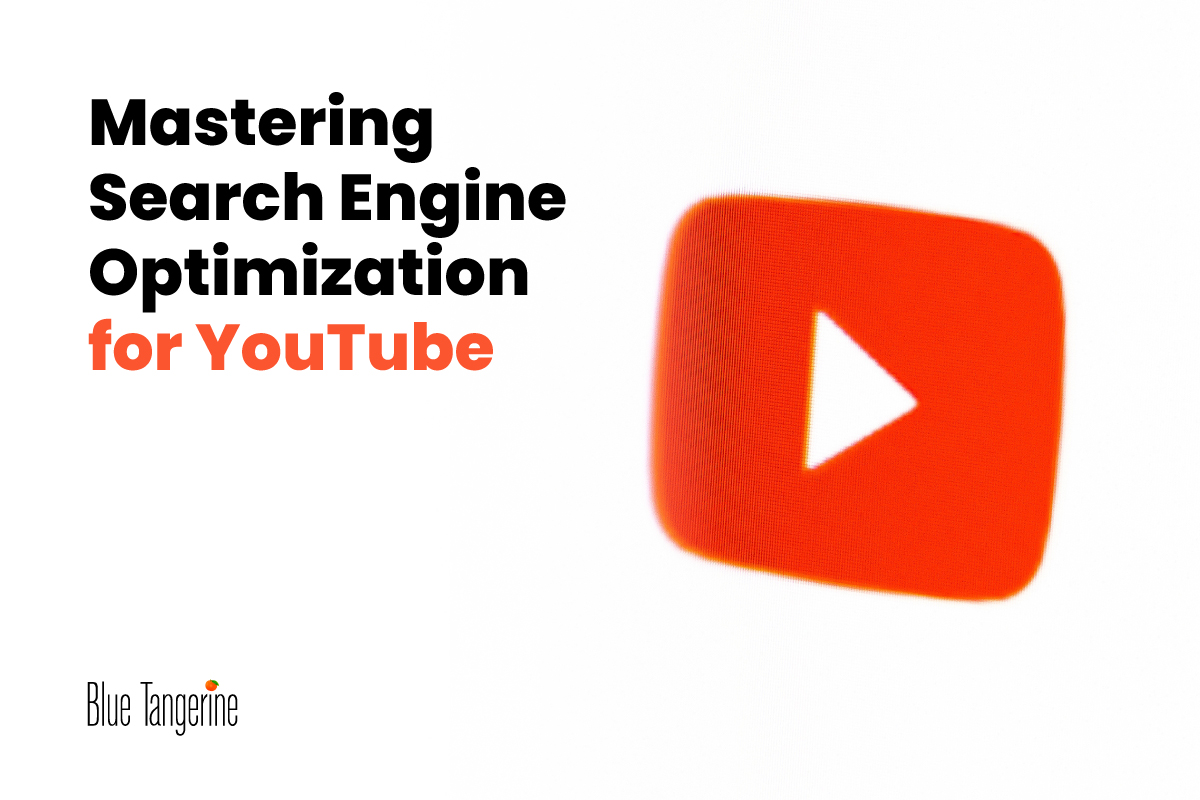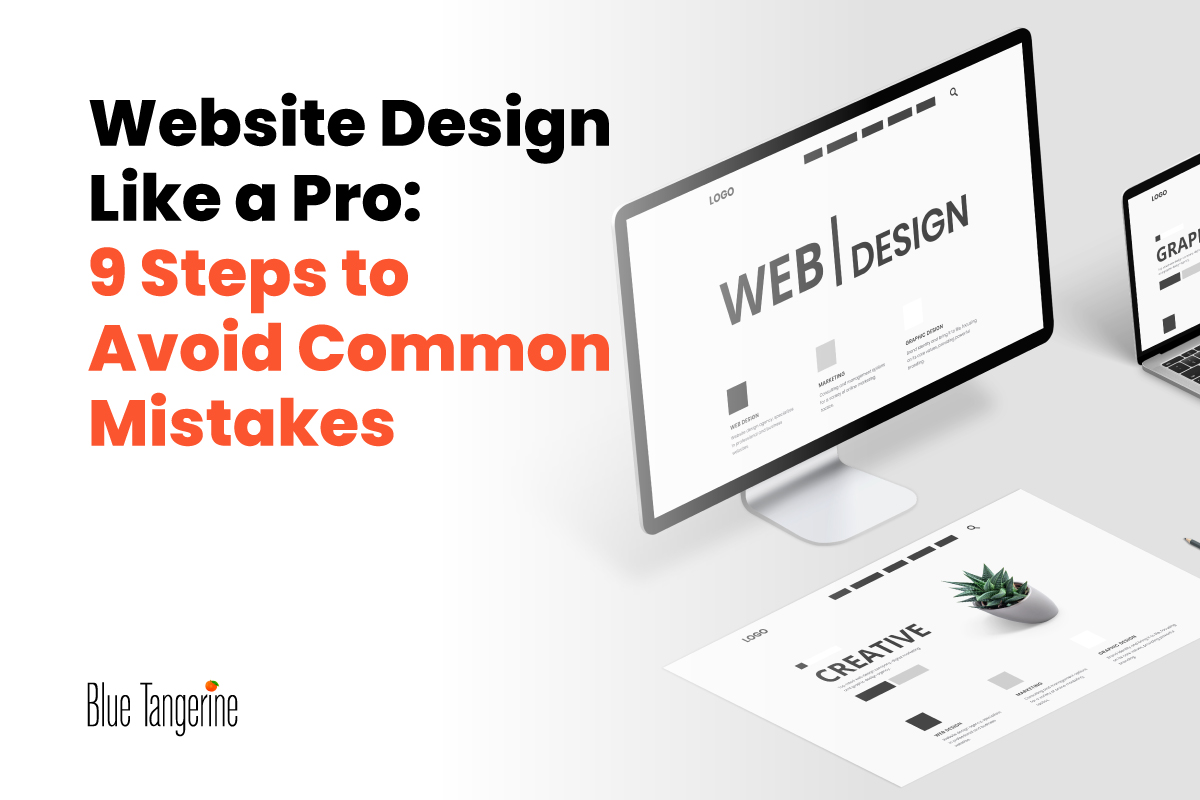PPC in digital marketing, in the fast-paced arena of marketing, where every click counts, businesses are constantly seeking effective strategies to connect with their target audience. Among the myriad of options available, Pay-Per-Click (PPC) advertising has emerged as a powerful tool for driving targeted traffic to websites.
While other avenues like SEO and social media marketing have their merits, PPC offers a unique approach that delivers instant results. Let’s delve into the world of PPC and discover its potential to revolutionize your digital marketing efforts.
What Exactly is PPC?
PPC, known as Pay-Per-Click advertising, revolutionises online marketing by offering advertisers a direct and measurable way to connect with their target audience. In this model, advertisers pay a fee only when their ad is clicked, making it a cost-effective method compared to traditional advertising avenues.
Unlike organic methods that rely on earning visits, PPC allows businesses to instantly generate traffic to their websites or landing pages. This dynamic approach enables precise targeting and efficient allocation of marketing budgets. As a result, PPC has become an indispensable tool for businesses aiming to enhance their online presence and drive conversions.
How Does PPC Work? A Step-by-Step Breakdown
Setting Up Your PPC Campaign
Choosing the right platform is the cornerstone of a fruitful PPC campaign. Platforms like Google Ads offer extensive reach and flexible targeting options, ensuring that your ads are seen by the right audience. Defining your campaign objectives clearly is essential, whether your focus is on driving sales, capturing leads, or increasing website traffic.
Clear objectives serve as a roadmap, guiding your campaign strategy and optimising its performance. By setting specific goals, you can tailor your approach to meet your business objectives and maximize the impact of your PPC efforts.
Keyword Research and Bidding
Keyword research serves as the bedrock of any successful PPC campaign. It involves meticulous analysis to identify the most relevant and lucrative keywords that align closely with your business offerings. By delving into keyword research, you gain insights into the search terms potential customers are using, allowing you to tailor your ad content accordingly and ensure maximum visibility to your target audience.
Bid management is an equally critical aspect of PPC advertising. Once you’ve identified your target keywords, bid management comes into play, determining how much you’re willing to pay for each click on your ad. Strategic bid management ensures that your ads remain competitive in the auction process, helping you secure prime ad placements while maintaining a cost-effective approach to your advertising budget.
In essence, while keyword research helps you connect with the right audience, bid management ensures that your ads are positioned effectively within the competitive landscape of PPC advertising. By combining these two elements seamlessly, you can optimize your PPC campaigns for maximum impact and drive significant results for your business.
How to Get Started with Keyword Bidding Image reference: semrush
Creating Compelling Ads
Crafting compelling ad copy is essential in PPC in digital marketing to grab the attention of potential customers. Your ads should be concise, persuasive, and tailored to resonate with your target audience. A captivating headline, enticing description, and relevant call-to-action can significantly impact your ad’s performance. Remember, “Capture attention with a compelling copy – your words matter!”
Landing Page Optimization
After a user clicks on your ad, the landing page they’re directed to becomes a critical point of interaction. Its design, content, and functionality influence whether the visitor takes the desired action or leaves. Optimising your landing page is essential for providing a seamless user experience, ensuring that visitors can easily find what they’re looking for and understand the value proposition of your offer.
Clear messaging communicates the benefits of your product or service, while a compelling call-to-action prompts users to take the next step, whether it’s making a purchase, signing up for a newsletter, or requesting more information. By focusing on these elements and creating a well-designed landing page, you can significantly improve your conversion rates and maximize the return on your PPC investment.
Slow Speed Kills – Source
Tracking and Analyzing Performance
Continuous monitoring and analysis are essential for optimising your PPC campaign’s performance within the realm of digital marketing. Track key metrics such as click-through rate (CTR), conversion rate, and cost per acquisition (CPA) to identify areas for improvement specific to PPC in digital marketing. Adjust your campaign settings and ad content based on insights gained from performance data, ensuring that your strategy remains aligned with your business objectives and target audience’s preferences.
The Benefits of Using PPC in Digital Marketing Strategy
Targeted Reach
PPC, or Pay-Per-Click advertising, offers a unique advantage by allowing you to precisely target your ads to users actively seeking products or services like yours. This targeted approach ensures that your ads are shown to the most relevant audience at the right moment, when they are most likely to convert.
By leveraging precise targeting options, such as keywords, demographics, location, and interests, you can narrow down your audience to those who are most likely to be interested in what you offer. This not only increases the efficiency of your advertising budget but also maximizes the likelihood of conversions. In essence, PPC empowers you to connect with potential customers who are already in the market for what you provide, making it a highly effective strategy for driving conversions and achieving your marketing goals.
The PPC Power Struggle: Source
Measurable Results and Fast ROI
One of the most significant advantages of incorporating PPC in digital marketing strategies is its measurability. Unlike traditional marketing approaches, PPC provides real-time data on ad performance, enabling precise tracking of return on investment (ROI). This level of insight allows businesses to gauge the effectiveness of their campaigns accurately.
Furthermore, with proper optimization, PPC campaigns can yield swift and tangible outcomes, making the most out of marketing budgets. This transparency and accountability empower businesses to make informed decisions, ensuring that every dollar spent contributes meaningfully to achieving marketing objectives. By leveraging the measurable nature of PPC, businesses can refine their strategies, maximize results, and stay ahead in the competitive digital world
Increased Brand Awareness and Visibility
Even when users don’t actively engage with your ads, PPC advertising remains a valuable tool for enhancing brand awareness and visibility in the digital realm. Through strategic placement in search results and on relevant websites, your brand gains exposure to a wider audience, solidifying its presence online.
This passive visibility reinforces brand recognition and ensures that your business remains on the radar of potential customers, ultimately contributing to long-term brand growth and success in the competitive digital world.
Is PPC Right for Your Business?
While PPC offers numerous benefits, including targeted reach and measurable results, it may not be suitable for every business in the realm of digital marketing. Factors such as budget constraints, competition level, and target audience preferences should be carefully considered when evaluating the suitability of PPC in digital marketing for your business goals.
Depending on your specific needs and objectives, alternative digital marketing channels like SEO or social media marketing may offer viable alternatives that complement or even surpass the effectiveness of PPC campaigns. Therefore, a comprehensive understanding of your business dynamics and market landscape is essential to make informed decisions regarding the integration of PPC in your digital marketing strategy.
Getting Started with PPC: Resources and Next Steps
For beginners venturing into PPC in digital marketing, resources such as the Google Ads Help Center offer comprehensive guides. Additionally, seeking guidance from a digital marketing professional can provide tailored strategies to suit your specific needs. These resources serve as invaluable assets for navigating the complexities of PPC campaigns and realising your business objectives effectively.
Conclusion
In the ever-evolving landscape of digital marketing, PPC stands out as a powerful tool for driving targeted traffic and achieving measurable results. By understanding the fundamentals of PPC advertising and leveraging its unique advantages, businesses can effectively reach their target audience and achieve their marketing objectives.
Whether you’re a small startup or a multinational corporation, exploring PPC as part of your digital marketing strategy can unlock new opportunities for growth and success. Start your PPC journey today and embark on a path to digital marketing excellence.




